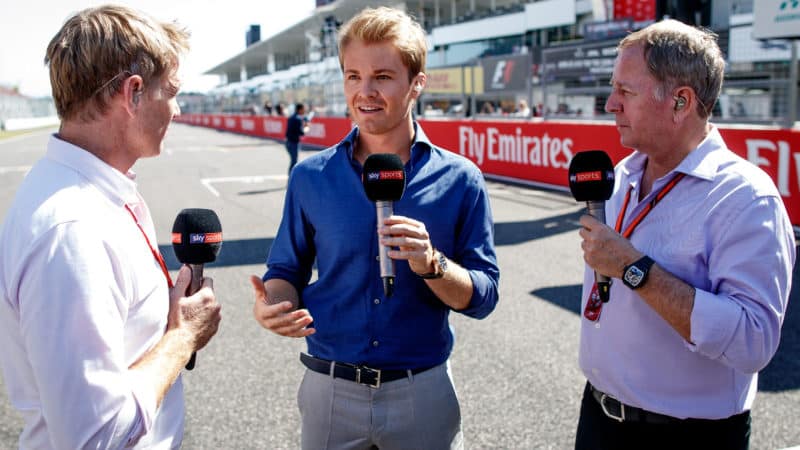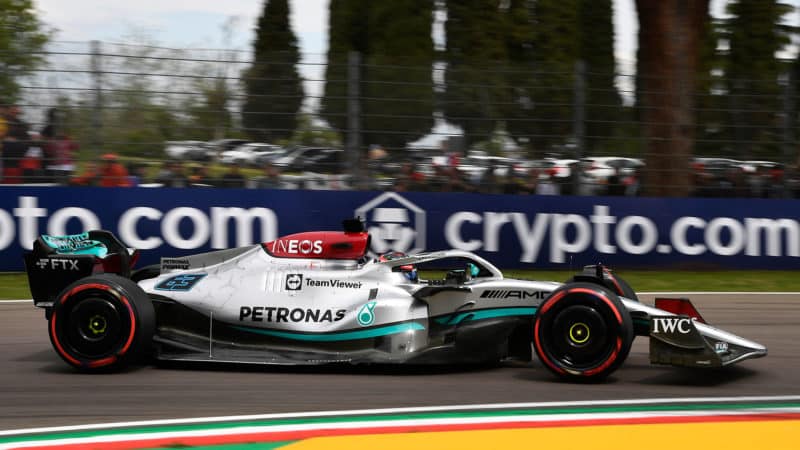Sometimes racing is just like that. There will be a particular set of circumstances which skew things – and it will have absolutely nothing to do with merit. That’s no criticism of Russell, who absolutely nailed the opportunities presented to him. But that’s not the same as castigating the guy who didn’t, just by random chance, get the same opportunities.
The impression given by some pundits is that their respective races at Imola were representative of their seasons to date. “He has to ask himself why George Russell is so much faster than him,” said Ralf Schumacher. “A 13th place is of course not Hamilton’s ambition. He has to admit to himself that Russell is the better driver right now. If this continues in the next few weeks, it will be exciting in the team. There could be changes in the ranking.”
What? Why Russell is so much faster than him? Prior to the peculiar red flag-randomised circumstances of Imola qualifying, Hamilton was 2-1 up in qualifying, 0.204s faster in Bahrain, 0.108s ahead in Melbourne. Hamilton was on the podium in Bahrain, a place ahead. Hamilton – and not Russell – would have been on the podium in Australia were it not for the safety car coming just after Hamilton had pitted but before Russell had, thereby giving George a 10s advantage for free. Only in Jeddah was Hamilton genuinely behind his team mate, after going for an experimental set up in qualifying which just didn’t work. There is absolutely no evidence that Hamilton is lacking his team mate’s speed. Just a random set of circumstances in a tiny sample of four races.

Hamilton’s performances have been more positive than the numbers initially suggest
Grand Prix Photo
Jacques Villeneuve can usually be relied upon to give a feisty controversial opinion. But at Imola he was actually the voice of reason. “He won’t keep having such terrible weekends and he will beat Russell. But it won’t be easy being the head of the Mercedes team right now… A big star like this is great if you win, it gets you a lot of exposure. But if he doesn’t win, the backlash is so much bigger. A champion doesn’t have the right to not be competitive.”
Let’s wait for a more statistically representative set of data points before we rush to judge.



